Elevating Skin Health: Advancing the WHA Resolution on Skin Diseases
16 Jun 2025
Key Takeaways from the 78th World Health Assembly Side Event on Diseases of the Skin
The 78th World Health Assembly Side Meeting on Skin Diseases as a Global Health Priority was held on 20 May 2025, this important event was co-hosted by the International Alliance of Dermatology Patient Organizations (GlobalSkin), International League of Dermatological Societies (ILDS), Anesvad Foundation, and the Health Diplomacy Alliance. It was also supported by the World Skin Health Coalition.
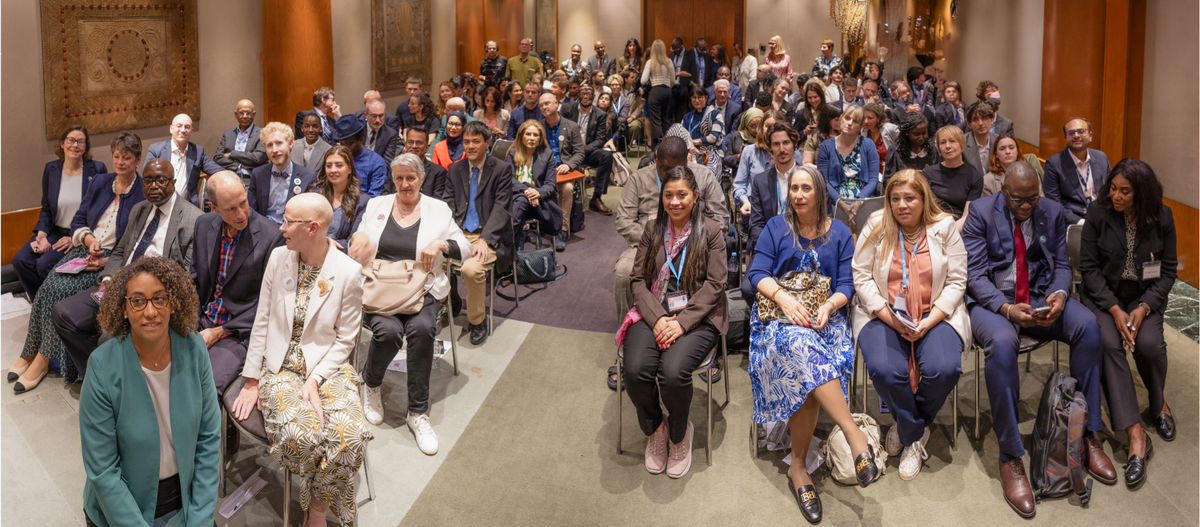
Skin diseases affect people globally, with an estimated 4.69 billion cases reported in the Global Burden of Disease Study 2021. More than 3000 skin conditions have been underrecognized because of their largely non-fatal nature and remain overlooked in global health financing, training, and research. The resolution "Skin Diseases as a Global Public Health Priority” led by Côte d’Ivoire and co-sponsored by China, Colombia, Egypt, Micronesia, Nigeria, and Togo, marks a transformative milestone in our approach to skin health, making skin conditions a formal public-health priority, critical towards attaining Universal Health Coverage.
In this context, the event brought together Ministers, diplomats, World Health Organization (WHO) officials, patient advocates, not-for-profit organizations, and clinicians to align political momentum, map next steps for Member-State consultations, and share lessons from existing skin-health programmes - laying the foundation for achieving “skin health for all.”
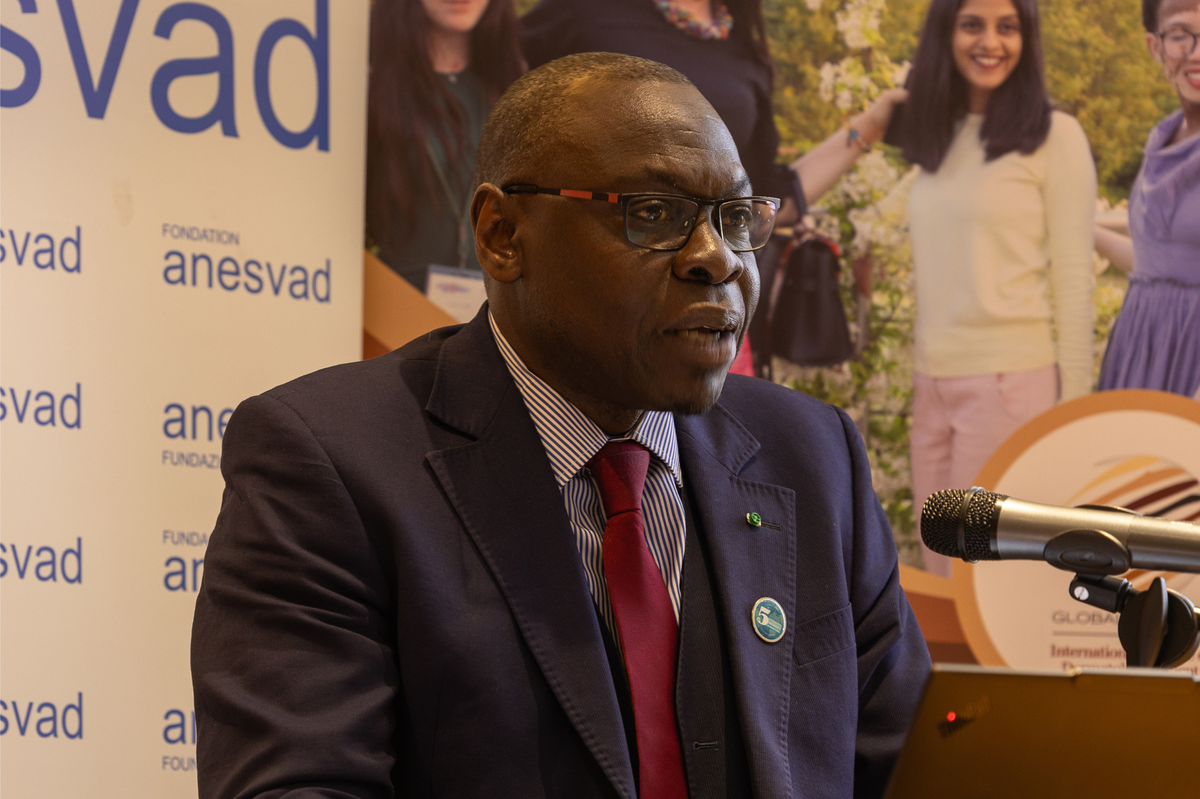
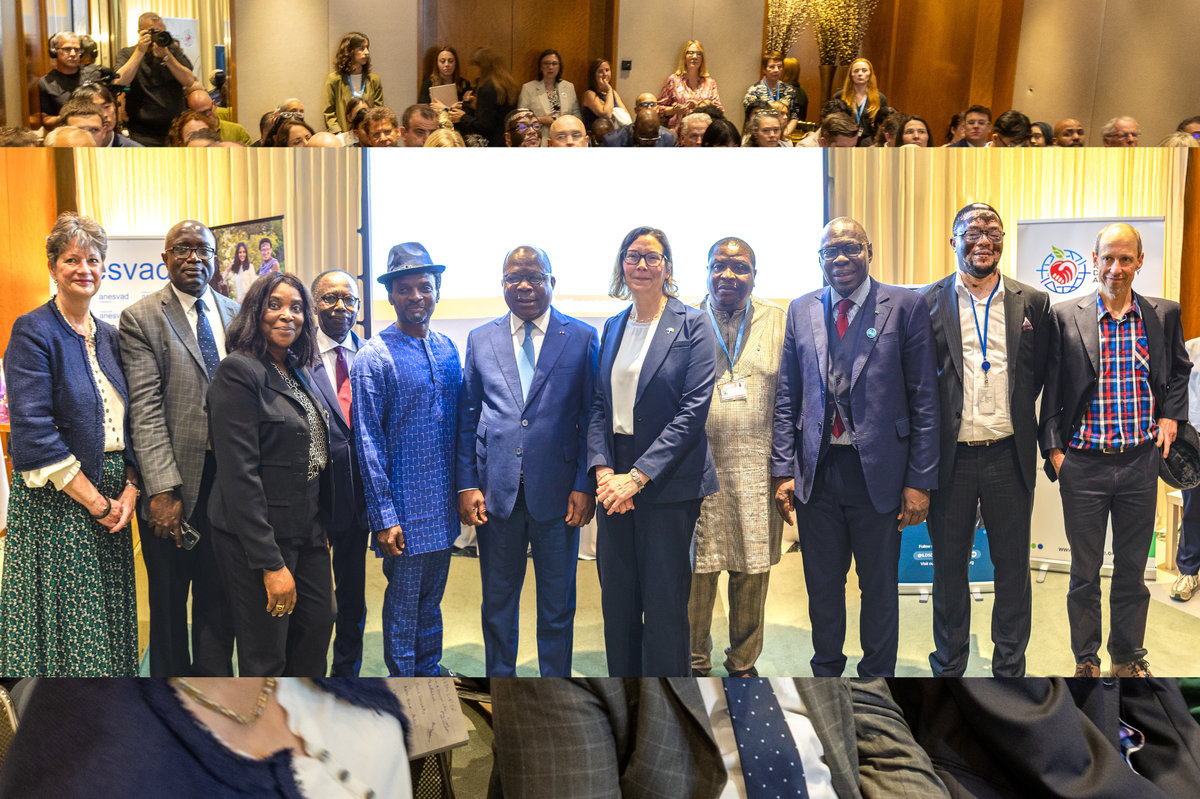
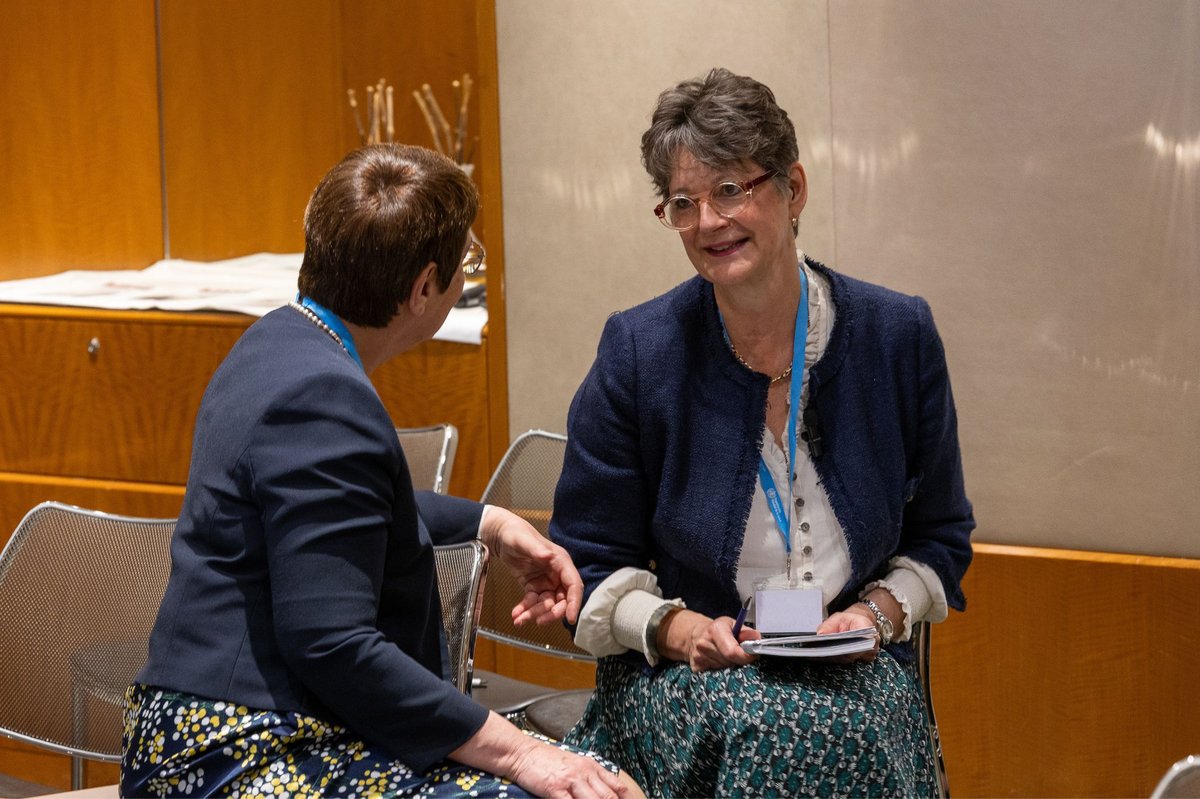
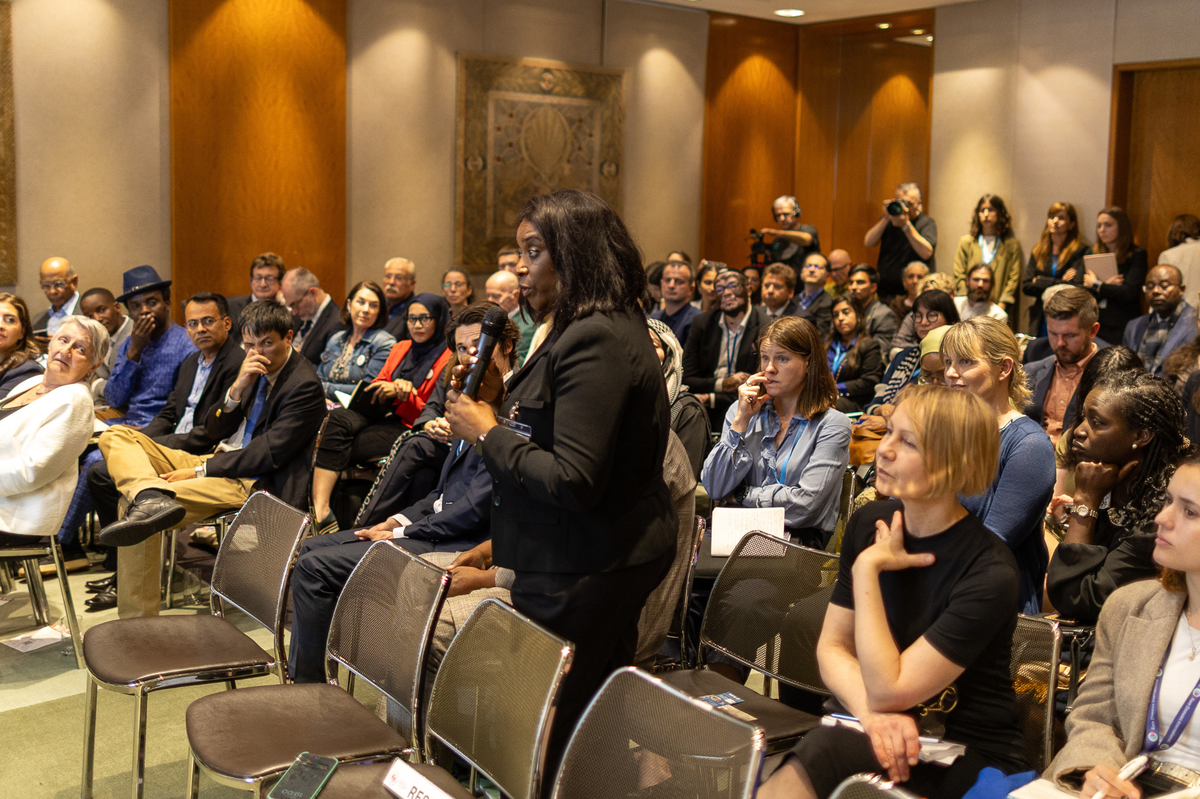
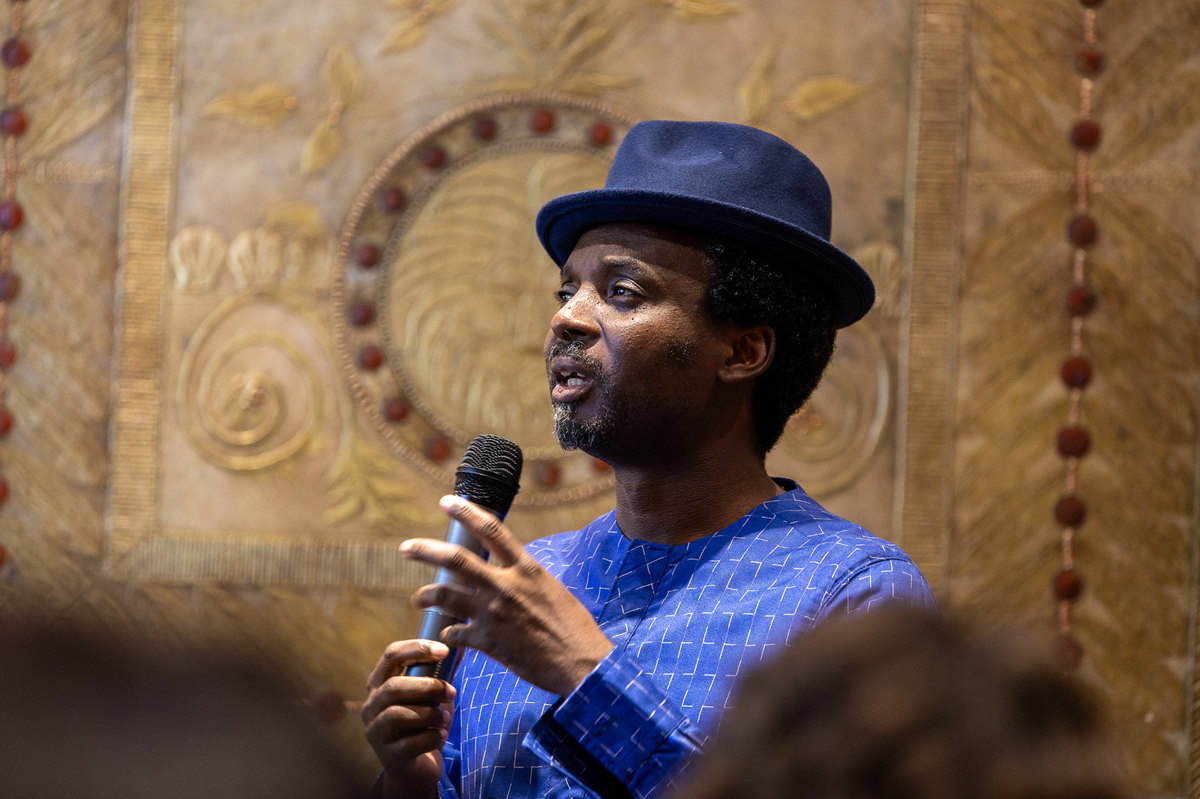
Event Summary
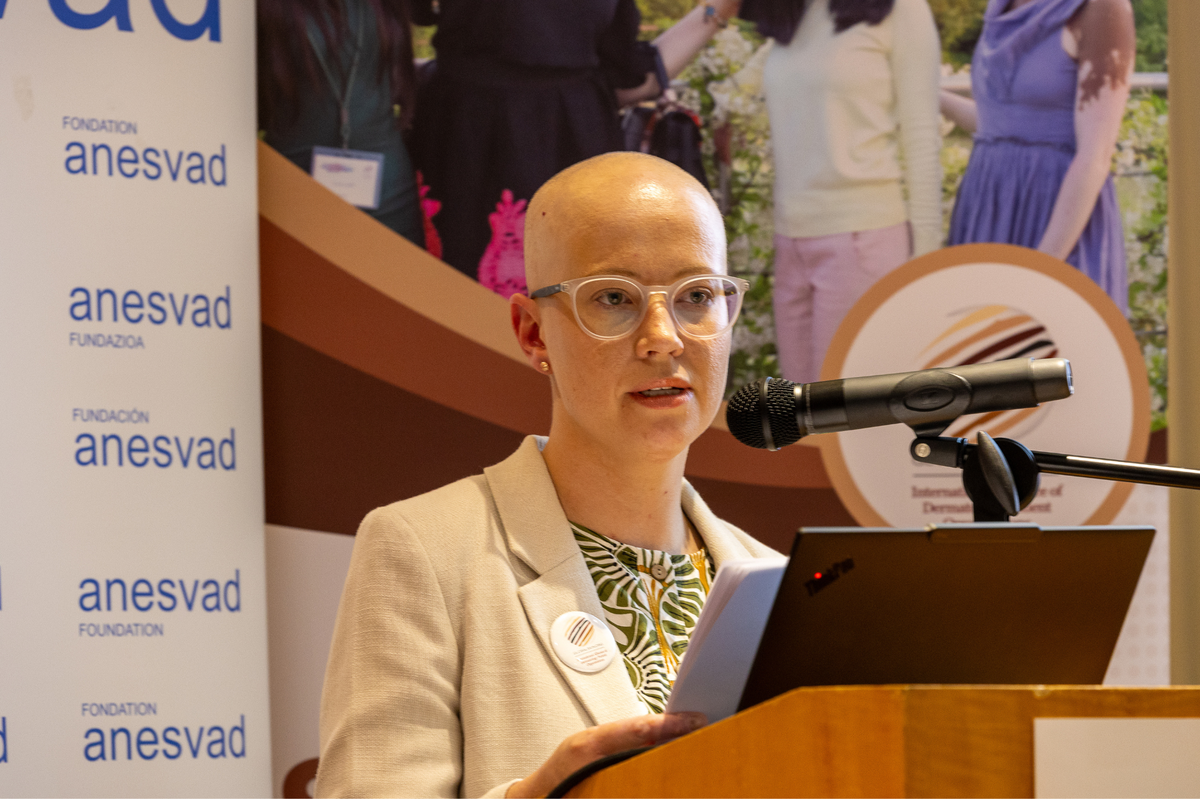
The event opened with a personal testimony from Toni Roberts, Co-Founder of DEBRA South Africa and a person living with Epidermolysis Bullosa (EB). She highlighted crucial patient perspectives underscoring that her skin condition, EB, presents a life-and-death situation for patients as health systems are not equipped to respond to it with necessary care, training, and resources.
Her remarks resounded an urgent need for investment in diagnosis, early intervention, and training frontline workers to address the health systems gaps.
Speaking on behalf of Dr. Tedros Adhanom Ghebreyesus, Dr Ibrahima Socé Fall, Director of the Department of Control of Neglected Tropical Diseases, World Health Organisation, stressed that the resolution gives hope and a voice to people with skin diseases, which when left untreated, cause stigma and disability. He highlighted that the resolution strengthens global efforts for early detection and access to treatment for all, while pointing to WHO’s commitment to provide technical assistance to all countries towards achieving skin health for all.
Jennifer Austin, Chief Executive Officer, International Alliance of Dermatology Patient Organizations (GlobalSkin), shed light on the stigma, social exclusion and minimization faced by patients of skin diseases, sharing key statistics on their global prevalence and burden. She underscored the commitment of GlobalSkin to reduce access barriers for patients and support people with skin diseases ensuring they can live healthy and fulfilled lives.
This was complemented by a medical perspective delineated by Dr Claire Fuller, Board Member, International League of Dermatological Societies. She stressed the need to end misdiagnosis by improving access to diagnostic tools, embedding skin-disease surveillance in primary care and scaling tele-dermatology.
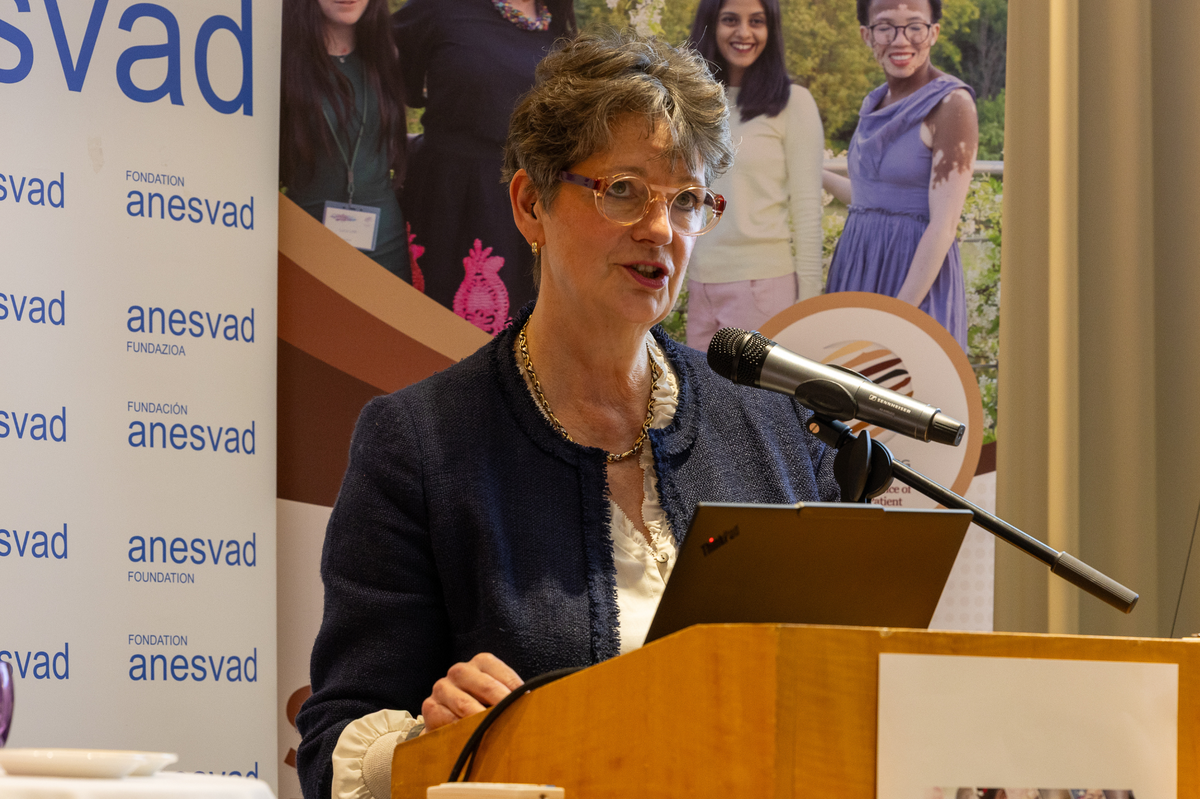
She highlighted the WHO Academy training and other tools to help frontline workers confidently diagnose and manage the ten common conditions that account for 80% of the burden.
Iñigo Lasa, General Manager, Anesvad Foundation, emphasized the importance of research efforts towards improving the lives of vulnerable people in countries where skin diseases are endemic. Enshrining the pivotal role of small- and medium-sized businesses, he suggested that by mobilizing financing and resources through partnerships, they pave the way for an integrated approach to skin NTDs resting on active case detection and management.
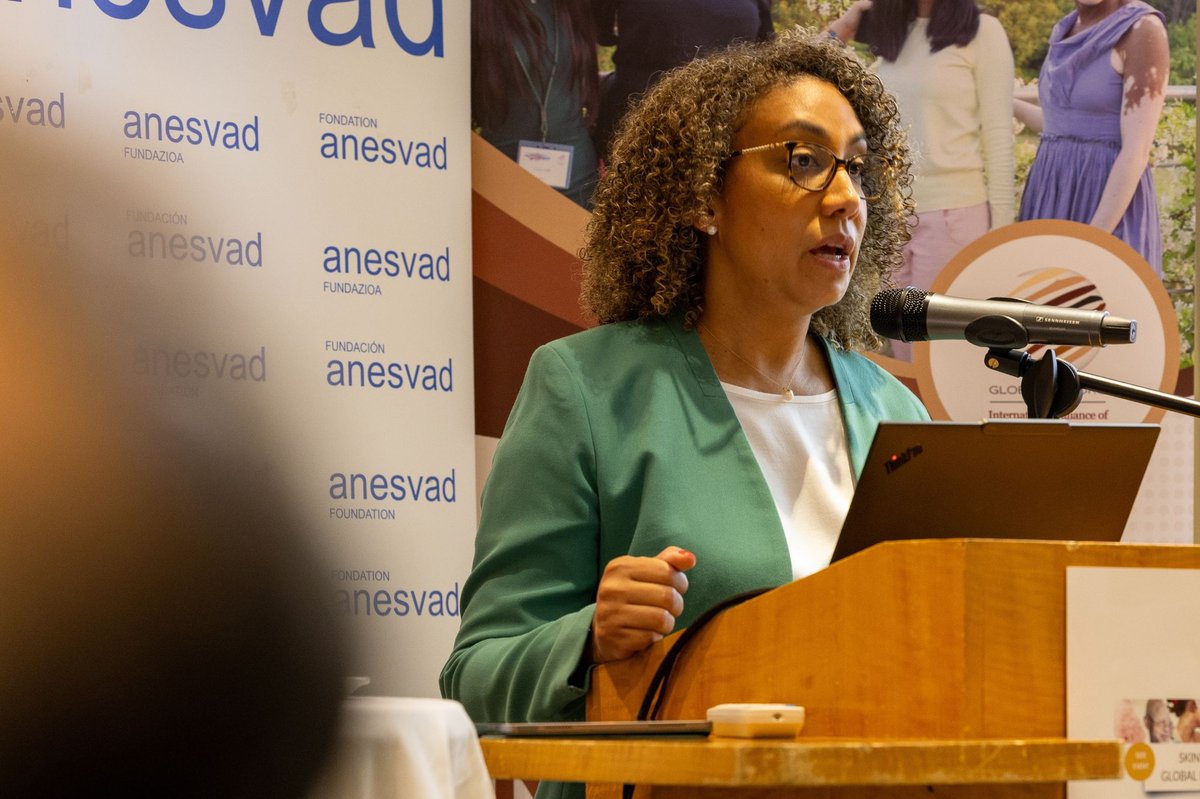
Katherine Urbàez, Executive Director of the Health Diplomacy Alliance, emphasized a bottom-up strategy to combat skin diseases, insisting that strong political will is crucial for accelerating and sustaining progress on skin diseases management.
She argued that the resolution acts as an integrated model that links physical- and mental-health while accounting for climate change and antimicrobial resistance and urged governments to integrate skin-disease into their National Action Plans.
His Excellency Minister Pierre N'Gou Dimba, Ministry of Health, Public Hygiene and Universal Health Coverage, Cote D'Ivoire, reiterated his country’s support for the resolution in his remarks stressing the importance of prioritising skin diseases as a key objective towards achieving Universal Health Coverage.
Thus, by facilitating dialogue between relevant stakeholders, the discussion delineated next steps and set the tone for consultations and negotiations on the resolution. The event closely examined the current siloed approach to skin diseases and concluded that an integrated resolution is essential for global and national progress towards ensuring skin health for all.
Key takeaways
- Stakeholders remain optimistic about the adoption of the resolution
- Skin disease management must be integrated into UHC benefit packages to ensure early detection, treatment, and psychosocial care.
- Primary-care providers must be trained to recognise and manage the ten most common skin diseases, which account for ~80% of the global burden.
- Patient perspectives must be included in the global discourse as they play a pivotal role in combating stigma and galvanising political commitment.
- Public–private partnerships are essential to mobilise resources and accelerate progress toward skin health for all.
Important news!
Dermatology Societies from Around the World Welcome Milestone WHA Resolution on Skin Diseases. Now we call on Member States and Other Stakeholders to Invest in Equitable Access to Skin Health Services
Learn more
Read our article